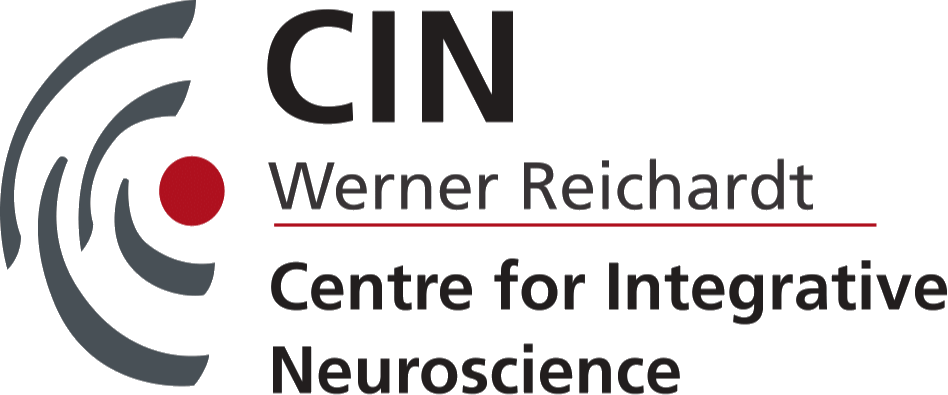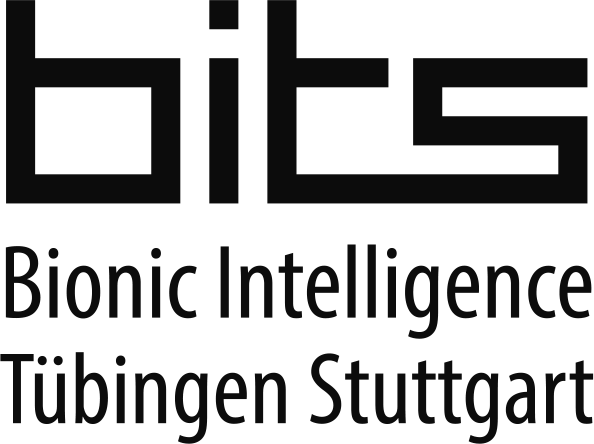Neuromechanics and Rehabilitation Robotics (NeuRoMech)
The Neuromechanics and Rehabilitation Robotics (NeuRoMech) group focuses on computational modeling of motor control and musculoskeletal biomechanics. Our research bridges neuroscience, biomechanics, and robotics to understand how neural and muscular systems interact to learn and produce robust, adaptive movement. We develop detailed neuro-musculoskeletal models to study both healthy and impaired motor control, leveraging insights for translational applications in rehabilitation robotics and assistive devices. Through collaborations in robotics and machine learning / reinforcement learning, we explore how muscle dynamics contribute to motor learning, stability, and control, paving the way for bio-inspired robotic solutions.
Research Core Topics:
- Computational Motor Control & Biomechanics – Modeling neuromuscular interactions for movement generation and learning.
- Rehabilitation & Assistive Robotics – Developing assistive devices for motor impairments such as tremor.
- Neuro-Musculoskeletal Modeling – Simulating healthy and impaired locomotion to understand disease progression and motor dysfunction.
- Reinforcement Learning in Biomechanics – Developing AI and reinforcement learning methods to study motor control in humans and robots.
- Physical Intelligence & Morphological Computation – Investigating how body dynamics simplify control and enhance learning.
The group is affiliated with the Hertie Institute for Clinical Brain Research (HIH) and the Center for Integrative Neuroscience (CIN), focussing on fundamental research and its translation to clinical applications. The group has tight links to the local computer science, machine learning, and robotics research environment within the Center for Bionic Intelligence Tübingen Stuttgart (BITS) and the CyberValley.









